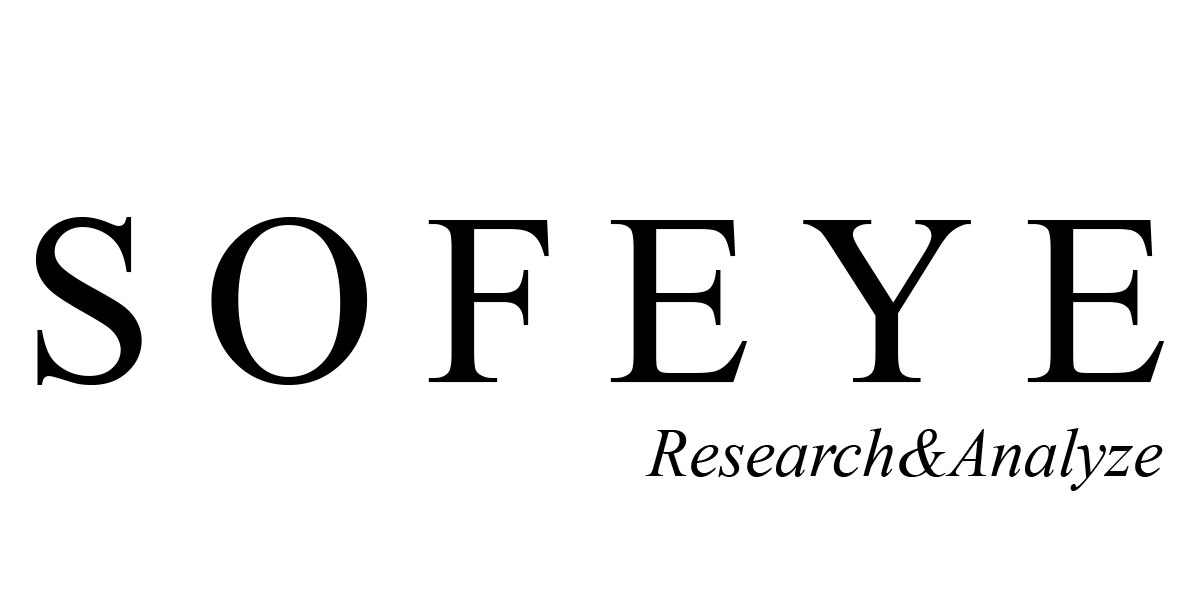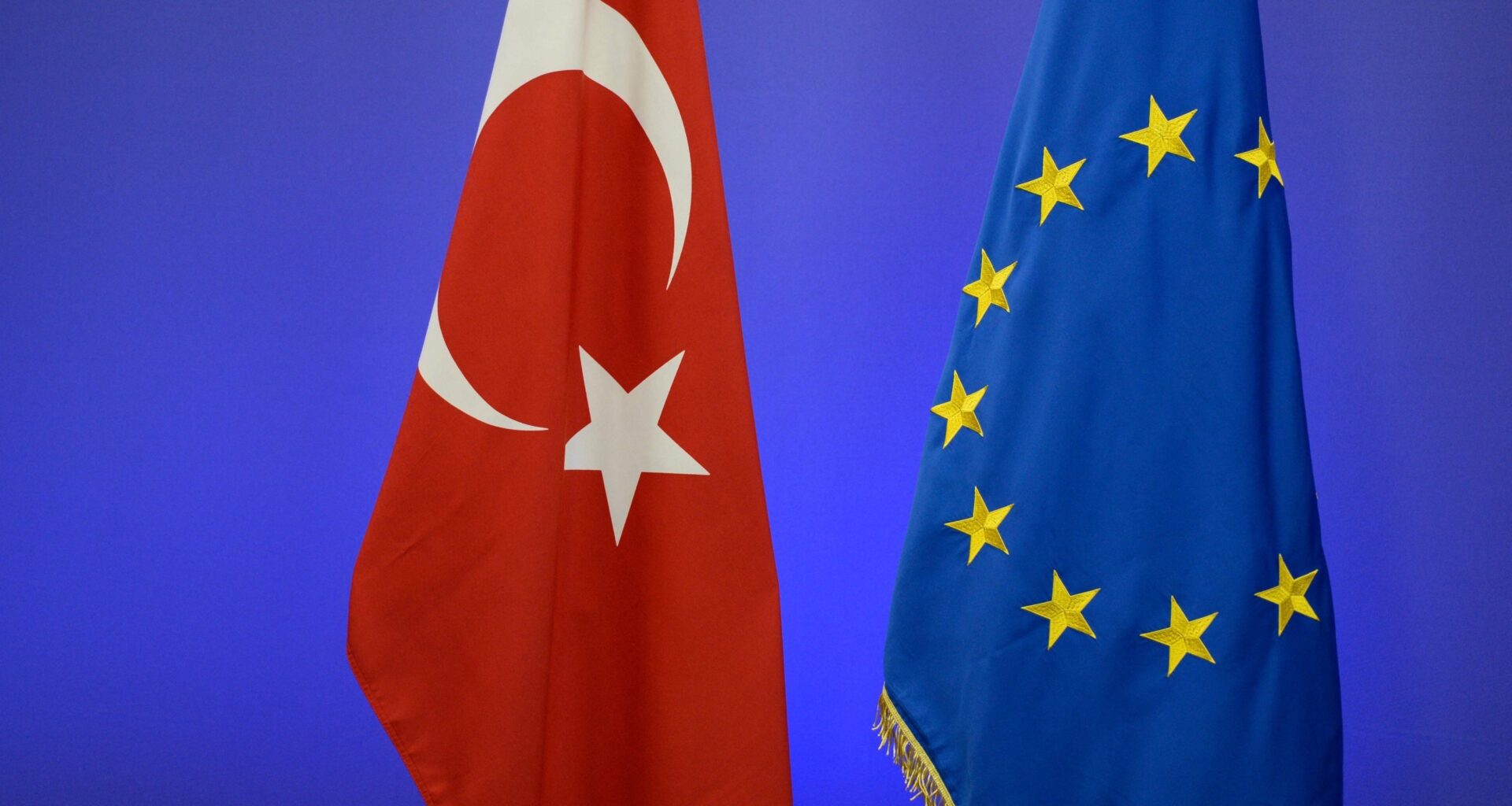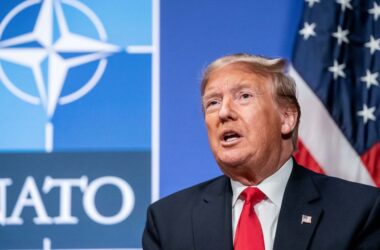Although relations between the European Union (EU) and Turkey have remained stagnant for a long time, shifting global dynamics and the crises facing Europe clearly demonstrate that Turkey is an indispensable partner for the EU. Struggling with fundamental issues such as economic stagnation, demographic crises, security threats, and energy dependence, Europe must see cooperation with Turkey not as an option but as a strategic necessity. As President Recep Tayyip Erdoğan has stated, Turkey’s integration into the Union is crucial for Europe to overcome its current deadlock (AA, 2025). However, this issue is not limited to Europe’s needs alone. While reshaping its relations with the EU, Turkey also considers its own national interests and global position, evaluating the opportunities the EU presents from a strategic perspective.
Turkey’s Strategic Power and Europe’s Security Dilemma
One of the most significant challenges facing Europe is the inadequacy of its security policies. Russia’s aggressive policies toward Ukraine have exposed the fragility of Europe’s defense sector. The U.S. tendency to reduce its role in European security and the potential re-election of Donald Trump are forcing the EU to develop more independent defense strategies (BBC, 2025). However, under current conditions, Europe lacks the capacity to establish an effective security policy without the support of an ally like Turkey. As NATO’s second-largest army, Turkey is a cornerstone of Europe’s defense architecture. As French President Emmanuel Macron has pointed out, Europe cannot afford to exclude Turkey if it aims to enhance its defense capabilities (France24, 2025). Countries like Germany and France have also openly acknowledged the necessity of strengthening military and defense cooperation with Turkey (Al-Monitor, 2025).
Turkey’s advancements in the defense industry, particularly in unmanned aerial vehicles (UAVs) and warfare technologies, have become a critical factor in the EU’s security strategy. Turkey’s high-tech systems, such as the Bayraktar TB2 and Anka, are among the elements that could significantly boost Europe’s military capabilities. If Turkey is excluded, Europe’s defense will remain incomplete and vulnerable, weakening the EU’s claim to be an influential player in global security.
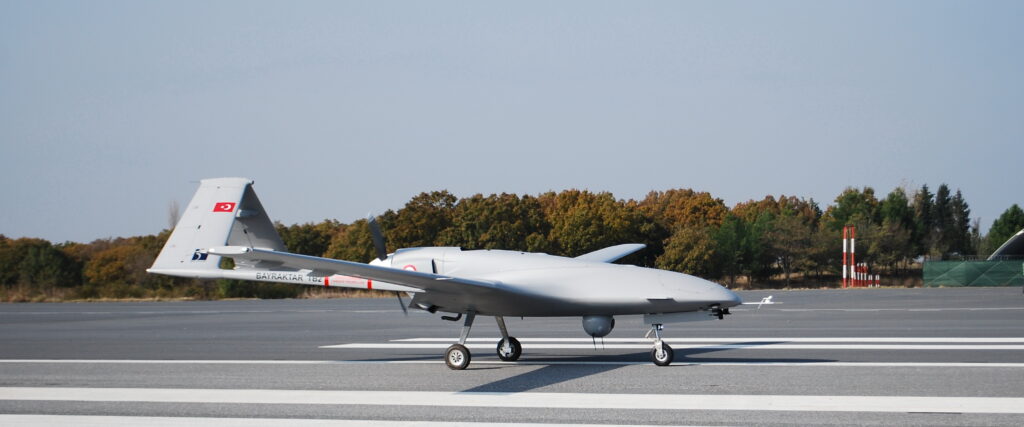
The EU’s Economic and Demographic Challenges: Turkey’s Contribution
The European economy has long been struggling with structural issues such as low growth rates, an aging population, and declining production capacity. Countries like Germany are revising their immigration policies to address labor shortages, and integration with a country like Turkey, which has a young and dynamic population, has become critical for Europe’s sustainable growth. Disruptions in global supply chains following the pandemic and economic stagnation across Europe have made it imperative for the EU to strengthen its economic ties with Turkey (Trends Research, 2025).
Turkey’s strategic location, as well as its key role in energy corridors and trade routes, is of vital importance to the EU economy. Positioned as a logistical hub between China and Europe, Turkey has the potential to shape global trade. If Europe seeks to strengthen its economic ties with Asia and Africa, it must engage in closer cooperation with Turkey. The EU’s economic reliance on Turkey is not limited to trade alone. Turkey’s role in Europe’s energy security has also reached a critical point. The transportation of natural gas and oil pipelines through Turkey is an unavoidable factor in ensuring Europe’s energy supply security.

The EU’s Double Standards and Turkey’s Alternatives
However, one of the greatest obstacles Turkey faces in its relations with the EU is the European Parliament’s double standards regarding democracy and human rights (Turkish Minute, 2025). Although Turkey holds candidate country status, it has been subjected to stalling tactics due to uncertainties in the EU’s enlargement policies. The EU has applied more flexible criteria to other candidate countries in the enlargement process. For instance, there are significant differences between the membership criteria applied to the Western Balkan countries and those imposed on Turkey. This situation demonstrates that the EU is making a strategic miscalculation regarding Turkey.
At this point, Turkey does not have only one option—EU membership. By deepening its economic and security cooperation with organizations such as the Organization of Turkic States, the Shanghai Cooperation Organization, and the Asia-Pacific region, Turkey can establish alternatives independent of the EU. If the European Union continues to overlook Turkey’s strategic advantages due to internal conflicts and anti-Turkey prejudices, Turkey will inevitably diversify its global partnerships.
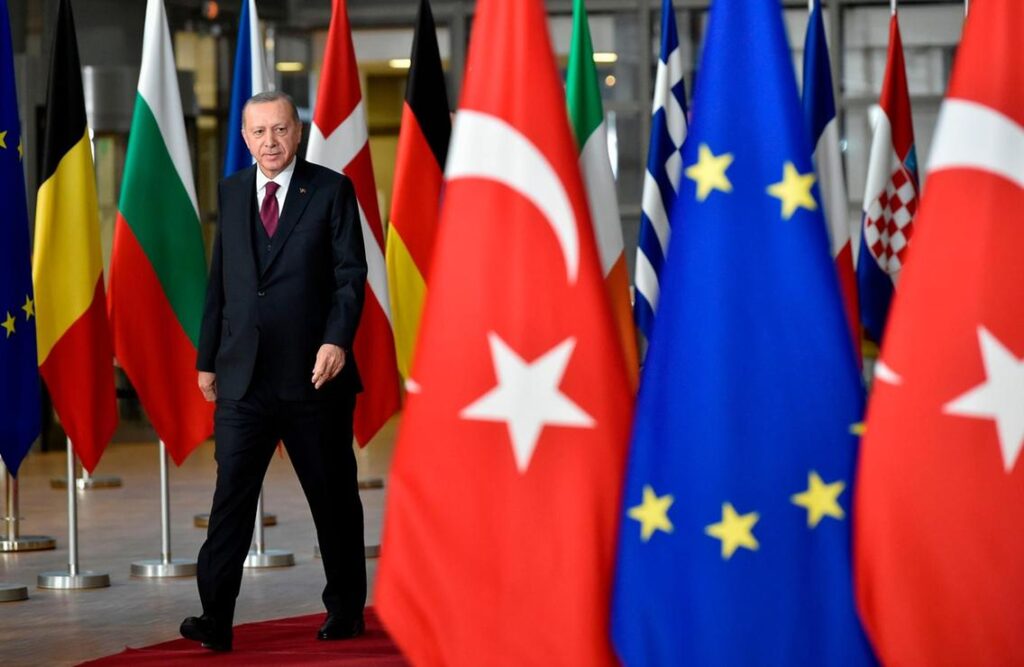
Conclusion: Turkey’s EU Membership Is Not an Option, But a Strategic Necessity
The EU must reassess its relations with Turkey. The solution to Europe’s economic, security, and energy crises lies in a strong partnership with Turkey. Turkey’s membership in the EU cannot be postponed, delayed, or treated as a mere political game. However, it is also clear that Turkey should not enter into a one-sided dependency. The future of Europe depends on a solid partnership with Turkey. If the EU rejects Turkey’s integration, it will inevitably weaken its own global influence in the long run. Regardless of the outcome, Turkey will continue its path as a regional and global power.
